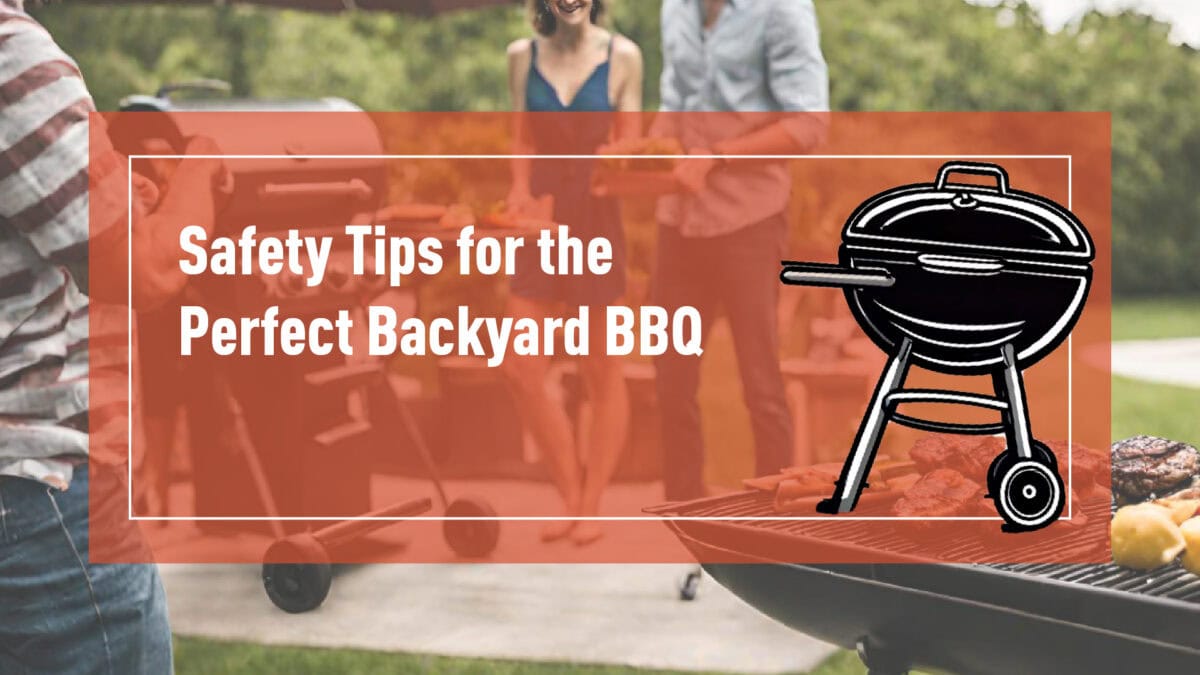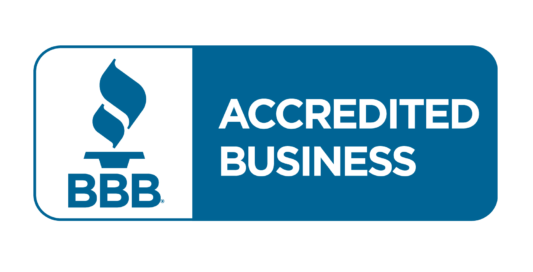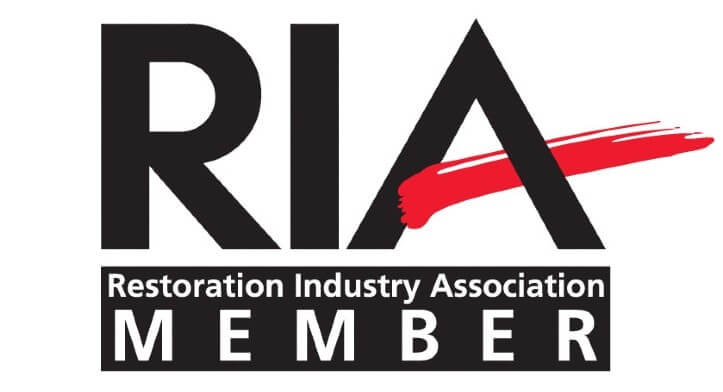What do baseball and grilling have in common? They’re both beloved American pastimes! With 75% of households owning a grill or smoker, Backyard BBQ are a staple for celebrating holidays, enjoying summer nights, and gearing up for sports events. While grilling can be a fun and relaxing activity, it’s essential to remain vigilant. Cooking with an open flame poses significant risks, leading to property damage across the U.S. Fire departments respond to an estimated 10,600 grill-related fires annually, resulting in an average of 160 injuries and $149 million in direct property damage.
Grill Fire Trends (Backyard BBQ)
To keep yourself, your loved ones, and your property safe, it’s crucial to understand common grill fire trends:
– Peak Months: July sees the most grill fires at 18%, followed by June (15%), May (13%), and August (12%).
– Maintenance Issues: In 29% of home grill structure fires, the grill hadn’t been cleaned.
– Location of Fires: Most grill fires occur on balconies or porches, causing 44% of property damage.
– Fuel Type: Gas grills account for 84% of home fires, with leaks or breaks in the gas line being the main culprits.
How to Prevent Accidents and Injuries
Here are key safety tips to ensure a responsible grilling experience:
1. Inspect Your Grill: Before using your gas grill, check for leaks and ensure the gas line is intact.
2. Propane Safety: Ensure propane tanks are free from rust and not overfilled; never store them indoors.
3. Use Outdoors Only: Always grill outside, away from flammable structures like low awnings.
4. Stay Attentive: Never leave the grill unattended. This prevents accidents and allows you to respond to hazards immediately.
5. Dress Wisely: Avoid leaning over the grill, as clothing and hair can easily catch fire.
6. Don’t Move the Grill: Keep the grill stationary while in use to avoid accidents.
7. Extinguish Properly: Make sure to fully extinguish the fire once cooking is complete.
8. Be Prepared for Emergencies: Keep a fire extinguisher or baking soda nearby to quickly address any flare-ups.
Use Common Sense
Good judgment is key to preventing backyard BBQ disasters. Here are a few additional tips:
– Supervise Children: Always keep kids and pets away from the grilling area to prevent accidental burns.
– Be Ready for Flare-Ups: Have a fire extinguisher, garden hose, or bucket of sand on hand.
– Use Appropriate Gear: Flame-retardant mitts and long-handled tools will help you avoid burns.
– Limit Alcohol Consumption: Staying clear-headed helps prevent potential disasters.
By following these safety tips, you can enjoy a fun and delicious barbecue experience with friends and family. Fire up the grill, whip up some tasty treats, and create lasting memories. Cheers to a summer filled with great food, wonderful company, and safe grilling!
Stay Safe in San Diego
As you enjoy your backyard BBQs, remember that safety extends beyond grilling. If you encounter water damage, whether from unexpected leaks or other issues, Certified Restoration is here to help. Serving the San Diego area, we specialize in water damage restoration and are available 24/7 to assist with any emergencies. For reliable service, contact us at 619-373-0585. Happy grilling!
Related Article: Thanksgiving home cooking fire safety




